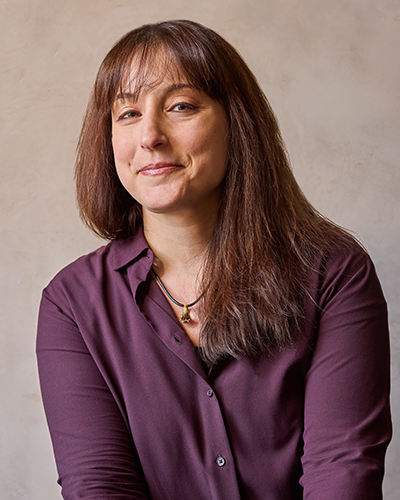Jennifer W. Reiss is a Ph.D. Candidate in History at the University of Pennsylvania. She holds bachelor’s and master’s degrees, both in History, from Penn, a J.D. from Harvard Law School, and two master’s degrees, in Law and American History, respectively, from Cambridge University. Jenny’s research focuses largely on eighteenth-century Britain, British North America, and the early American republic, but combines various historical sub-disciplines. Her dissertation project, Undone Bodies: Women and Disability in Early America, rethinks how disability as a social category was constructed and experienced before burgeoning clinical understandings of bodily difference in the antebellum era. Thinking expansively about disability through the lens of womanhood, Undone Bodies brings legal, social, medical, labor, and political histories to bear on the interwoven relationship between gender and ability. The project seeks to uncover hidden histories of disabled women, but also to question the gendered ways in which we imagine disability in the past.
Jennifer Reiss
Wolf Humanities Center Doctoral Fellow
2024—2025 Forum on Keywords
Jennifer Reiss
Ph.D. Candidate, History
Undone Bodies: Women and Disability in Early America
My project looks at how both womanhood as a concept and the lives of corporeally impaired women (i.e. with cognitive, sensory, or other physical disabilities) change how the young field of early American disability history understands itself: specifically, rethinking how disability as a social category (a keyword) was constructed and how it was experienced, prior to the advent of the so-called ‘medical model’ of disability in the nineteenth century. Thinking expansively about disability through the lens of womanhood, Undone Bodies grapples with gendered legal disabilities, like coverture, and gendered early modern social stereotypes about bodies, capacity and labor, together with corporeal impairment. I seek to uncover new histories for the field and to intervene into the field’s historiographical assumptions about disablement in the past.



